
How To Fix Very Loud Laptop Speakers?
Experiencing issues with your laptop’s speaker can range from minor inconveniences to major disruptions, especially when the problem is excessively loud volume. Whether it’s during
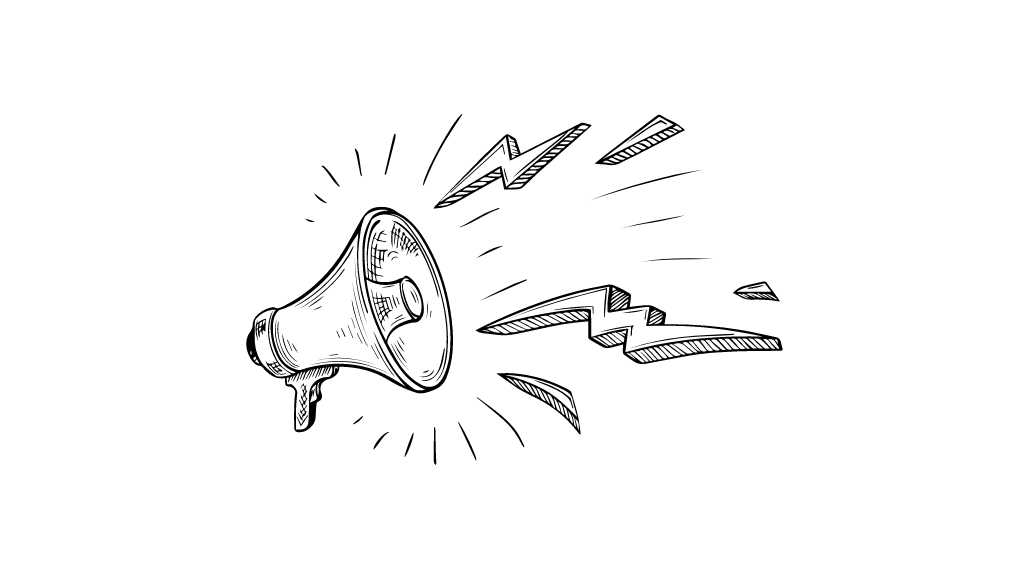
Experiencing issues with your laptop’s speaker can range from minor inconveniences to major disruptions, especially when the problem is excessively loud volume. Whether it’s during a crucial online meeting, while enjoying your favorite music, or while immersing yourself in a movie, unexpectedly loud speakers can ruin the moment and potentially harm your hearing. This blog post aims to address the common yet often overlooked issue of loud laptop speakers, providing comprehensive insights into identifying the root causes and offering practical solutions to ensure an optimal audio experience.
Understanding why your laptop’s speaker volume may suddenly surge or remain uncomfortably high is the first step towards fixing the problem. It’s essential to differentiate between software-induced volume inconsistencies and hardware-related malfunctions to apply the correct fix. By the end of this guide, you’ll be well-equipped to troubleshoot and resolve loud speaker volume issues, ensuring your laptop’s audio is clear, at a comfortable listening level, and reliable for all your needs.
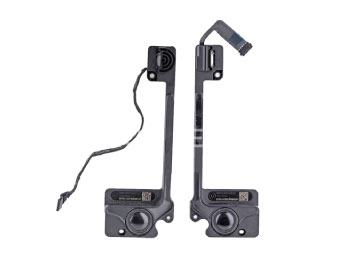
Laptop speakers are integral components designed to deliver audio output from your device. Unlike external speakers that can be plugged in or disconnected, laptop speakers are built into the device, making them convenient but also susceptible to a unique set of challenges, including volume control issues.
At its core, a laptop speaker operates by converting digital signals into sound waves. This process is managed by your laptop’s sound card and the audio drivers that communicate with the operating system and software applications. Various factors can influence the volume output of your laptop’s speakers, from the physical design and quality of the speaker itself to the software settings that control audio output.
Volume issues often arise due to discrepancies in software settings or malfunctions in the hardware. For instance, a software update or a newly installed application can inadvertently alter your sound settings, leading to unexpectedly loud or inconsistent volume levels. On the hardware side, damage to the speakers or issues with the sound card can also result in volume problems, including distortion at high volumes or an inability to properly regulate sound levels.
In the following sections, we’ll dive deeper into the common causes for loud laptop speakers and explore both software and hardware troubleshooting steps to help you fix these issues effectively.
Identifying the root cause of why your laptop’s speaker is excessively loud is crucial to applying the right fix. These causes can generally be divided into software-related issues and hardware-related problems.
Misconfigured Sound Settings: One of the most common reasons for loud volume output is incorrect sound settings. Users might unknowingly increase the system or application-specific volume to maximum, causing unexpectedly loud sounds.
Software Bugs or Glitches: Occasionally, software bugs within the operating system or specific applications can lead to volume inconsistencies, including volume levels being stuck at a high setting.
Outdated or Corrupted Audio Drivers: Audio drivers facilitate communication between your laptop’s hardware and software. If these drivers are outdated, corrupted, or incompatible due to system updates, it can result in volume control issues.
Damaged Speakers: Physical damage to the speakers, such as from drops or liquid spills, can affect volume regulation and quality.
Design Flaws: Some laptop models might have inherent design flaws that affect speaker performance, leading to issues like enhanced vibrations at higher volumes, which makes the sound seem louder.
Software-related issues are often the culprits behind loud speaker problems. Here’s how to address them:
System Volume: Access your computer’s sound settings via the Control Panel or System Preferences. Ensure the overall system volume is set to a comfortable level. Utilize the volume mixer to adjust levels for individual applications if your system supports it.
Application Settings: Some applications have their own volume controls. Check these settings within the app to ensure they’re not maxed out, particularly if the loudness issue is application-specific.
Updating Drivers: Manufacturers frequently release updates that can fix bugs or improve hardware performance, including audio output. Visit your laptop manufacturer’s website or use the device manager to update audio drivers.
Rolling Back Drivers: If the issue began after an update, you might need to roll back to a previous driver version. This can be done through the Device Manager by selecting the audio device, accessing its properties, and choosing to roll back the driver if the option is available.
Some operating systems allow you to reset all sound settings to their default. This can be a quick way to undo any changes that may have led to the loudness issue. Look for a “Reset” option in the sound settings or consult your operating system’s help guide for detailed instructions.
Occasionally, third-party applications can interfere with your sound settings. Consider temporarily disabling or uninstalling other audio-related software to see if this resolves the issue.
If software fixes don’t resolve the issue, it’s possible the problem lies with the laptop’s hardware:
Speaker Grills: Dust and debris can accumulate over time, obstructing the sound and causing it to sound louder or distorted. Carefully clean around the speaker grills using a soft brush or compressed air.
Peripheral Devices: Ensure no connected devices (like external speakers or headphones) are causing the issue. Disconnect all peripherals to test the laptop’s native speakers.
Look for any signs of damage to the speaker grills or the laptop body that could indicate internal issues. While external inspections can’t always reveal internal damage, visible signs can be a clue that professional service is needed.
Diagnostic Test: Professionals can run diagnostic tests to determine the exact cause of the loudness issue. This might involve checking the speakers themselves, the sound card, and other related components.
Repair or Replacement: Depending on the diagnosis, the solution might involve repairing or replacing the damaged components. Professional technicians can ensure this is done correctly and safely.
If the laptop’s speakers are irreparably damaged or their performance is inherently poor, using external speakers or headphones might provide a better audio experience. This is also a practical solution while awaiting repairs.
Taking proactive steps can significantly extend the life of your laptop’s speakers and maintain their performance. Here are detailed strategies:
Why It’s Important: Software and drivers act as intermediaries between your laptop’s hardware and its operating system. Keeping them updated ensures they’re running the latest code, which can include important fixes for bugs that might affect speaker performance.
How to Do It:
Windows: Use the Windows Update feature to keep the operating system and drivers up to date. For specific audio drivers, you can visit the device manufacturer’s website or use the device manager to find and install updates.
macOS: Use the Software Update feature in System Preferences. For external speakers or interfaces, check the manufacturer’s website for any driver updates.
Why It’s Important: Continuously operating your laptop’s speakers at high volumes can lead to wear and tear over time. This is not just a matter of mechanical stress but also can cause thermal stress on the components, leading to premature failure.
How to Do It:
Awareness: Regularly monitor your volume settings, especially when using headphones or external speakers, as these can often lead to inadvertently high volume levels on the internal speakers when switched back.
Volume Limiting: Some operating systems and applications offer volume limiting options. Utilize these features to prevent accidental spikes in volume.
Why It’s Important: Laptops are sensitive to their environment. Extreme temperatures can affect the battery, screen, and also the speaker components, leading to reduced life expectancy. Moisture, on the other hand, can cause corrosion or short-circuits in the electronic parts.
How to Do It:
Temperature: Avoid leaving your laptop in a car during extreme weather conditions. When using your laptop, ensure it’s in a room with moderate temperature.
Moisture: Keep liquids away from your laptop. If you’re in a humid environment, consider using a dehumidifier. In case of spillage, turn off the laptop immediately and seek professional help to avoid damage to the speakers and other components.
Cleaning: Regularly clean the speaker grills using a soft, dry brush or compressed air. This prevents dust from blocking the sound path, which can affect volume and sound quality.
Sound Check Routine: Periodically perform a sound check to ensure all speakers are working correctly. Use stereo tests to check balance and sound distribution.
Use of External Speakers: When possible, especially for extended listening periods at high volumes, use external speakers. This not only provides a better audio experience but also reduces wear on your laptop’s built-in speakers.
Professional Check-ups: Consider having your laptop professionally serviced once a year. This can include cleaning, software updates, and a check-up of all hardware components, including speakers.
Adhering to these preventive measures and maintenance tips can significantly enhance your laptop’s speaker performance and longevity. Regular care not only keeps the speakers in good condition but also ensures that your laptop as a whole remains reliable and efficient.
Troubleshooting laptop speakers when they’re excessively loud can sometimes lead to dead ends, especially for those who are not tech-savvy. It’s essential to recognize the situations that warrant professional assistance to avoid causing further damage to your device.
After Exhaustive Troubleshooting: If you’ve meticulously followed all the software and hardware troubleshooting steps without any improvement, the issue may be beyond a simple fix.
Visible Physical Damage: Any signs of physical damage to the speakers or the surrounding area might require a professional’s touch. This includes situations where the laptop has been dropped or exposed to liquids.
Warranty and Service Plans: Check if your laptop is still under warranty or covered by a service plan. Manufacturers or authorized repair centers can offer diagnostics and repairs, often at no extra cost if the issue is covered.
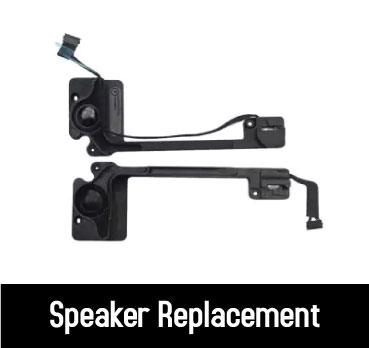
Authorized Repair Centers: For brand-specific issues, seeking help from authorized repair centers ensures that your laptop is handled by technicians trained by the manufacturer, using genuine parts.
Reputable Local Tech Shops: For out-of-warranty repairs, local tech shops with good reviews and recommendations can provide cost-effective solutions. Always check their credentials and customer feedback before proceeding.
Online Support Forums: Sometimes, the issue you’re facing might be a known problem with specific models. Online forums and tech communities can offer insights and workarounds vetted by users who’ve encountered similar challenges.
The journey through understanding and resolving issues with loud laptop speakers underscores the delicate balance between technology’s hardware and software components. While it’s common to face occasional hiccups with laptop audio, recognizing the signs, knowing when to apply a quick fix, and understanding when to seek professional advice can save you from prolonged inconvenience and potential damage to your ears or equipment.
Stay Proactive with Updates: Regularly updating your laptop’s operating system and drivers can preempt a multitude of problems, including those affecting speaker volume.
Know Your Settings: Familiarize yourself with your laptop’s audio settings, both at the system level and within individual applications. A small adjustment can often prevent a blast of sound.
Physical Care is Crucial: Keeping the speaker grills clean and avoiding extreme environmental conditions help maintain speaker integrity.
Moderation in Volume: Habitually keeping the volume at moderate levels not only prolongs the life of your speakers but also protects your hearing.
Professional Help is a Resource: Utilizing professional services, especially when faced with complex issues or potential hardware failures, is a wise decision.
In closing, addressing loud laptop speakers requires a blend of technical troubleshooting, regular maintenance, and sometimes, the discernment to seek professional help. With the insights provided in this guide, you’re now equipped to ensure that your laptop’s audio is always clear, at a comfortable listening level, and ready to enhance rather than disrupt your digital experiences.

Experiencing issues with your laptop’s speaker can range from minor inconveniences to major disruptions, especially when the problem is excessively loud volume. Whether it’s during
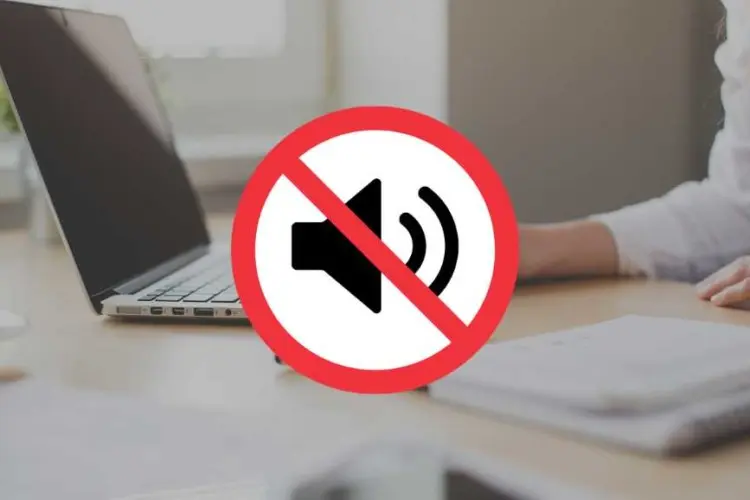
Laptop speakers are an essential component for enjoying multimedia content, but they can sometimes develop issues such as buzzing sounds. Troubleshooting and fixing these issues
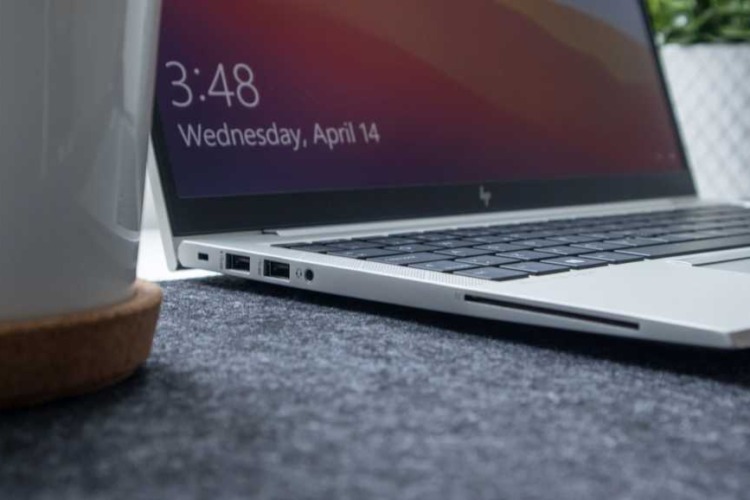
Crackling sound coming from laptop speakers can be a frustrating issue that affects the audio quality of your device and many people want to get